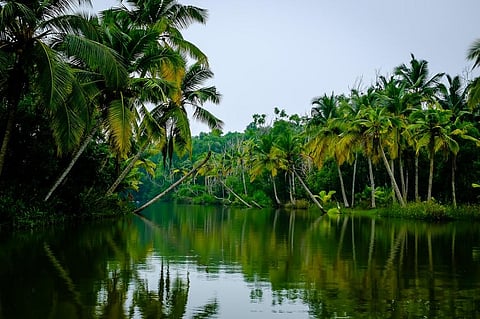

US Agency for International Development (USAID) and India's Ministry of Environment, Forest and Climate Change (MoEF&CC) officially launched Forest-PLUS 2.0 on September 25, 2019.
It is a five-year programme initiated in December 2018 that focuses on developing tools and techniques to bolster ecosystem management and harnessing ecosystem services in forest landscape management.
Tetra Tech ARD, a consulting and engineering company headquartered in the US, was given the contract to implement the programme and IORA Ecological Solutions, a New Delhi-based environmental advisory group, is its implementation partner.
Forest-PLUS 2.0, the second set of pilot projects, is meant to enhance sustainable forest landscape management after Forest-PLUS completed its five years in 2017.
The programme’s first set focused on capacity building to help India participate in Reducing Emissions from Deforestation and forest Degradation (REDD+). It included four pilot projects in Sikkim, Rampur, Shivamogga and Hoshangabad.
Under these, field tests, innovative tools and approaches for Indian forest management were developed. Promotion of bio-briquettes in Sikkim, introduction of solar heating systems in Rampur and development of an agro-forestry model in Hoshangabad were some of the achievements of this programme.
Forest-PLUS 2.0 comprises pilot project in three landscapes — Gaya in Bihar, Thiruvananthapuram in Kerala and Medak in Telangana. The choice of these sites was driven by the contrast in their landscapes – Bihar is a forest deficit area, Telangana is a relatively drier area where there is ample scope for community livelihood enhancement and Kerala is rich in biodiversity.
The targets of this set are –
To achieve these targets, the programme has three focal points of action –